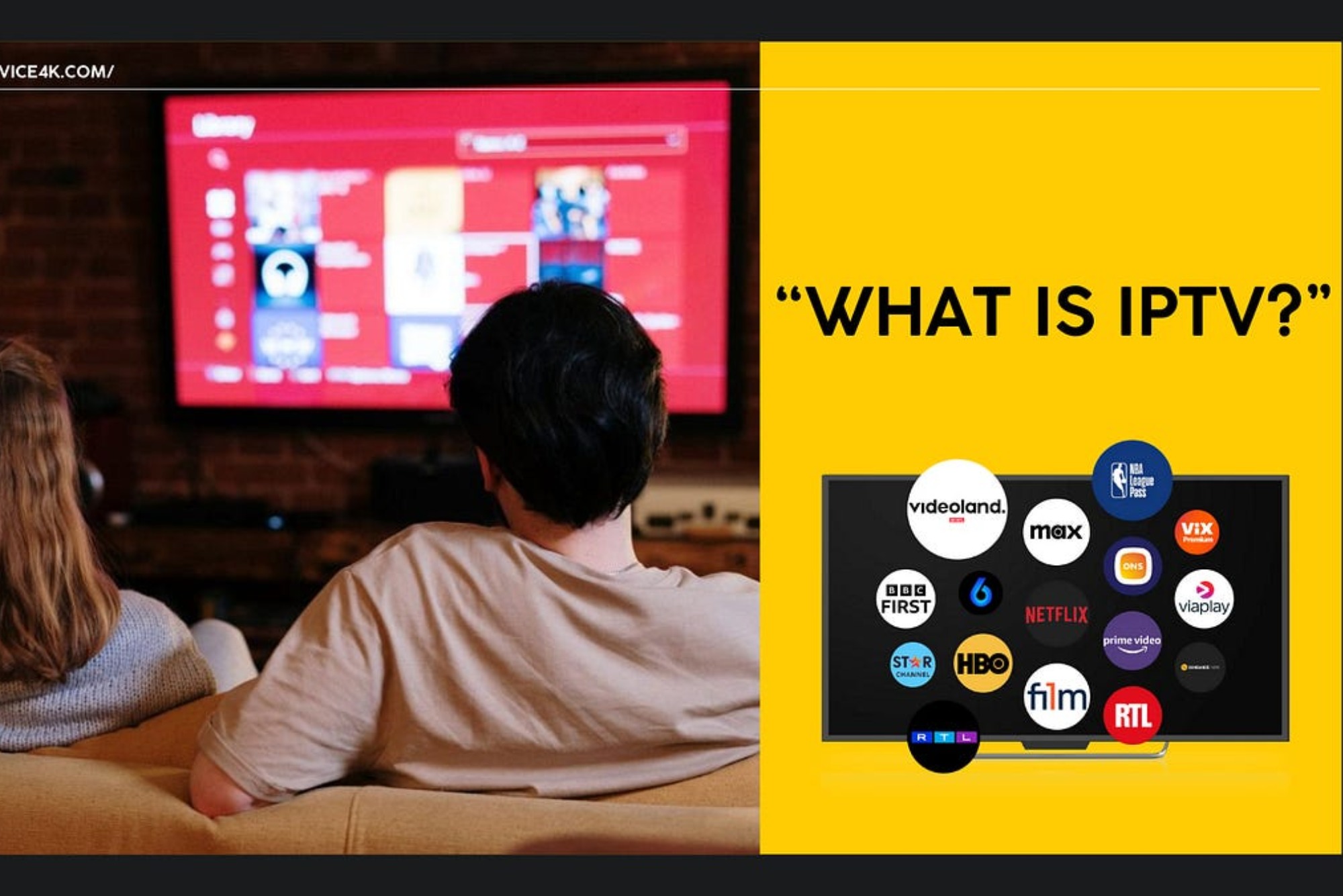What Is IPTV
IPTV, short for Internet Protocol Television, is a digital TV service delivered through internet protocol rather than traditional satellite or cable formats. It allows users to stream TV content over an internet connection, providing access to live TV channels, on-demand videos, and interactive features.
How Does IPTV Work?
IPTV works by transmitting TV signals over the internet protocol suite, using internet connections rather than traditional broadcasting methods. It involves encoding video content into IP packets and delivering them to users through a set-top box or compatible device. Users can access IPTV services through various devices like smart TVs, computers, smartphones, or dedicated IPTV boxes.
Benefits of IPTV
IPTV offers several advantages over traditional TV services. Firstly, it provides a more extensive range of channels and content options, including live TV, on-demand videos, and interactive features. Additionally, IPTV offers enhanced flexibility, allowing users to watch their favorite shows anytime, anywhere, as long as they have an internet connection. Moreover, IPTV often comes with advanced features like DVR functionality, multi-screen viewing, and personalized recommendations, enhancing the overall viewing experience.

Types of IPTV Services
There are mainly three types of IPTV services: Live IPTV, Time-Shifted IPTV, and Video on Demand (VoD). Live IPTV delivers live TV channels in real-time, replicating traditional broadcasting. Time-Shifted IPTV allows users to watch previously broadcasted content at a later time, offering flexibility in viewing schedules. Video on Demand (VoD) enables users to select and watch videos from a library of content, giving them control over what they watch and when.
IPTV Providers
Several IPTV providers offer subscription-based services, delivering a wide range of TV channels and content to users worldwide. Some popular IPTV providers include Netflix, Hulu, Amazon Prime Video, and Sling TV. These providers offer diverse content libraries, pricing plans, and features, catering to different viewer preferences and budgets.
IPTV Technology
IPTV technology relies on a combination of internet protocols, encoding techniques, and content delivery networks (CDNs) to transmit TV signals over the internet. Key technologies involved in IPTV include Internet Protocol (IP), Real-Time Streaming Protocol (RTSP), Hypertext Transfer Protocol (HTTP), and Digital Video Broadcasting (DVB). These technologies ensure efficient delivery of high-quality video content to users’ devices, providing a seamless viewing experience.

Future Trends in IPTV
The future of IPTV looks promising, with ongoing advancements in technology and increasing demand for on-demand content. Emerging trends in IPTV include Ultra HD (UHD) and 4K video streaming, virtual reality (VR) and augmented reality (AR) integration, and personalized content recommendations powered by artificial intelligence (AI) and machine learning (ML). Additionally, the proliferation of high-speed internet and the growing adoption of smart devices are driving the expansion of IPTV services globally.
IPTV revolutionizes the way we consume television content, offering a more flexible, diverse, and personalized viewing experience. With its extensive channel lineup, on-demand content library, and advanced features, IPTV has become a popular choice for consumers worldwide. As technology continues to evolve and internet connectivity improves, IPTV is poised to reshape the future of television entertainment.

IPTV Free Trial
IPTV free trials offer users the opportunity to experience IPTV services before committing to a subscription. IPTV Free Trial During a free trial period, users can explore the features, channel lineup, and content library of an IPTV provider, allowing them to make an informed decision about whether to subscribe. Free trials typically last for a limited time, ranging from a few days to a week, depending on the provider. Users can sign up for a free trial by registering on the provider’s website or through their app. It’s essential to read the terms and conditions carefully, including any cancellation policies, to avoid being charged once the trial period ends.
Best IPTV
Choosing the best IPTV service depends on individual preferences, including content selection, pricing, and features. Some factors to consider when selecting the best IPTV service include channel lineup, video quality, device compatibility, and customer support. Popular IPTV providers like Netflix, Hulu, and Amazon Prime Video offer a wide range of content, including movies, TV shows, and original programming, catering to diverse viewer preferences. Additionally, niche IPTV providers may specialize in specific genres or languages, providing tailored content options for niche audiences. Ultimately, the best IPTV service is the one that meets your entertainment needs and offers the most value for your investment.






